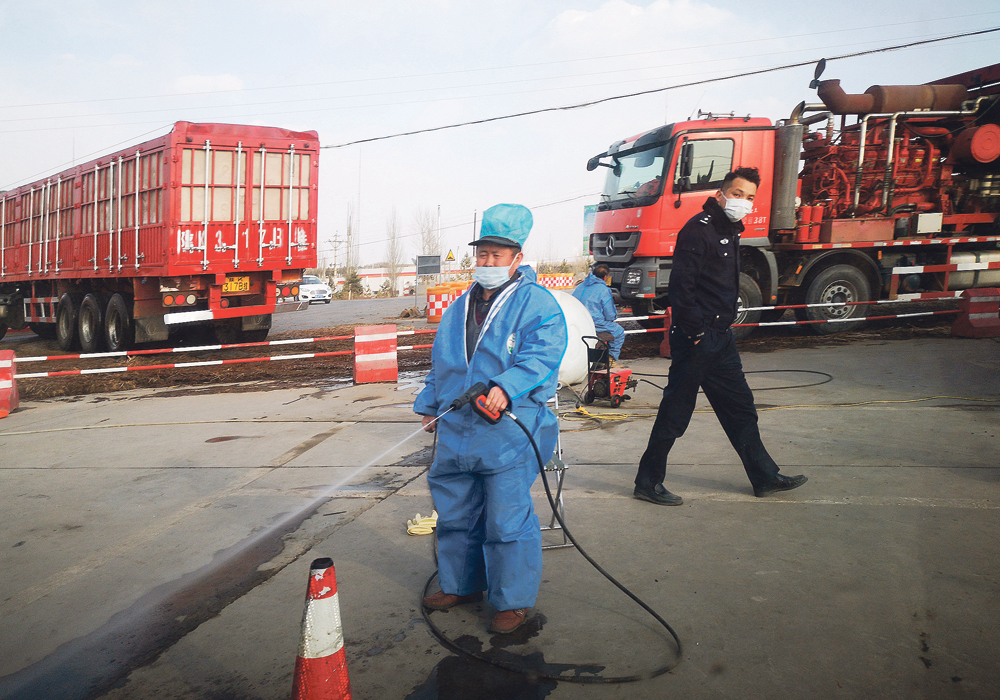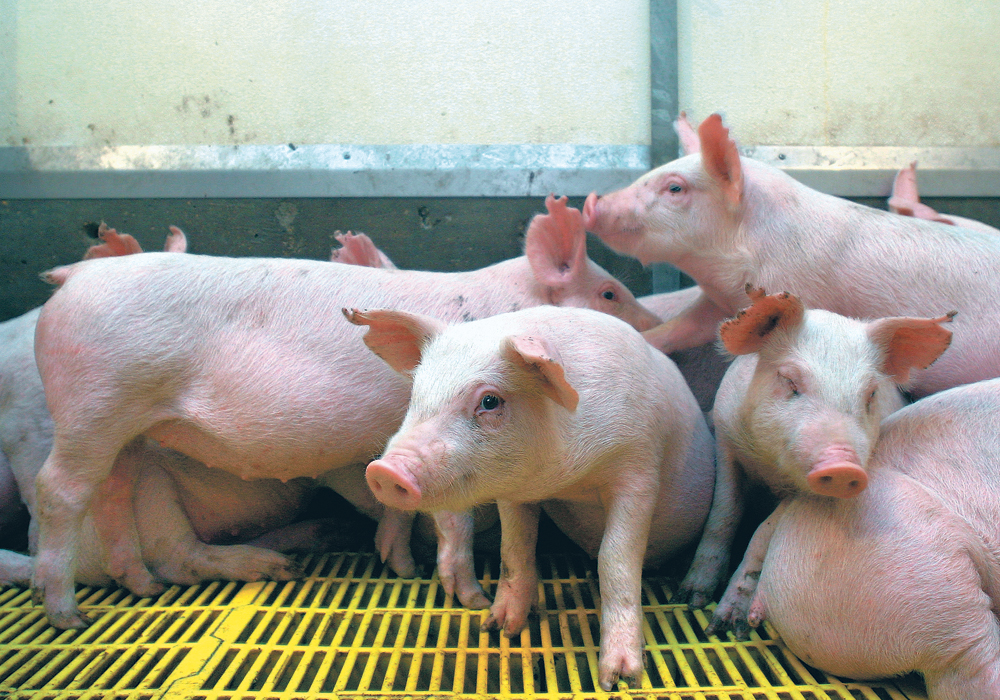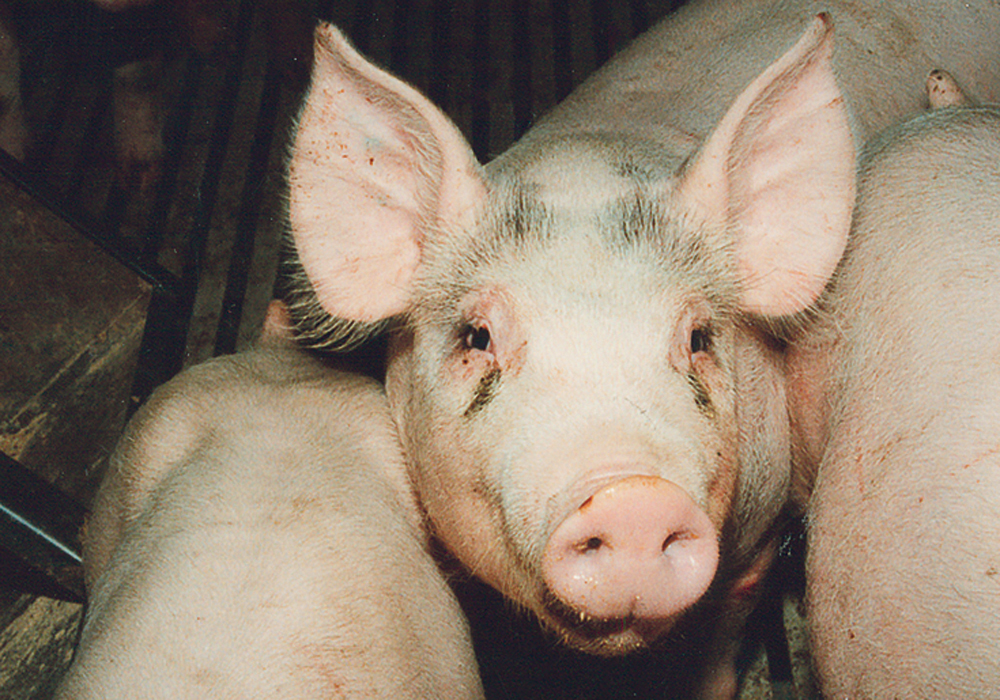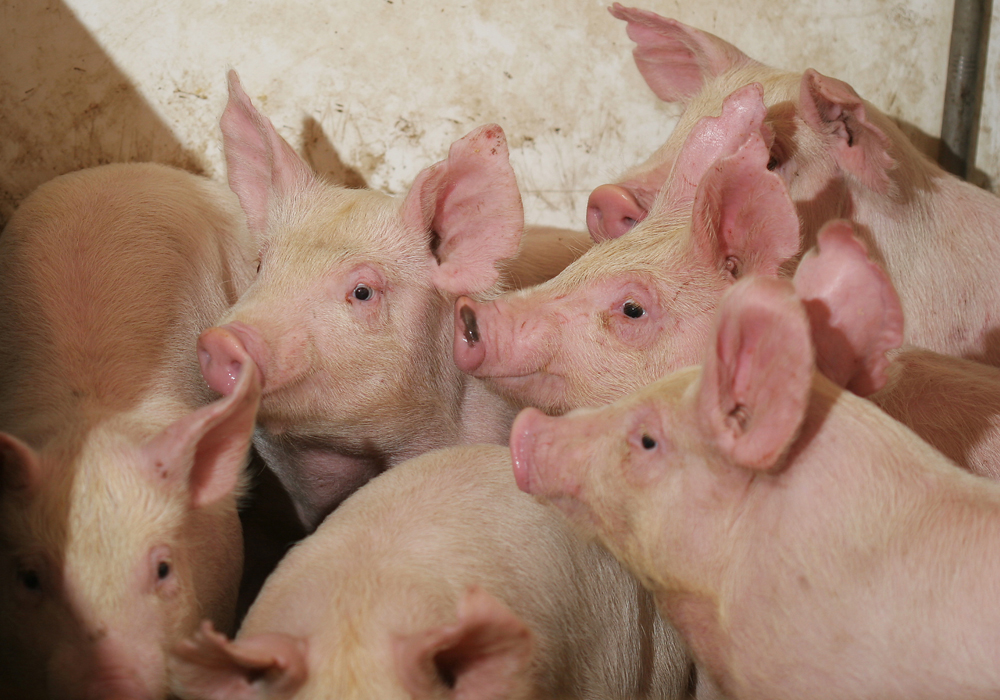Extra sniffer dogs will look for illegal meat products and the CFIA makes zoning plans in case disease found here
There will be more dogs sniffing luggage and passengers at Canadian airports in coming years as Agriculture Canada and the Canadian Food Inspection Agency seek to block African swine fever.
Federal Agriculture Minister Marie-Claude Bibeau announced plans March 14 to add 24 sniffer dogs to the 15-dog complement already on the job. The increase will occur over five years to allow time to find and train dogs.
Officials and veterinarians believe infected meat brought in by travellers is one of the biggest risks that could allow ASF to enter Canada.
Read Also

Feds propose overhaul of chronic wasting disease control program
Chronic Wasting disease control program getting updated by Canadian Food Inspection Agency with feedback encouraged from producers.
The disease could close borders and damage the hog industry, which generates an estimated $24 billion in the domestic economy and produces exports valued at about $4 billion annually.
However, the CFIA is planning some approaches to zoning in Canada so finding ASF in one part of the country will not affect the pork industry in all regions.
Canadian Border Services Agency personnel say they intercept pork products at airports on a regular basis, some of them from travellers who visited countries where ASF has infected hog populations.
The border agency has redirected its current dog patrol to what it deems to be key international airports “to better focus on passengers and goods coming from high-risk areas,” it said in a news release.
As well, “CBSA’s border services officers have been provided with guidance on applying the penalty of $1,300 to travellers who fail to declare pork or pork products or any other meat when entering the country.”
Bibeau said $31 million has been earmarked to train and employ the additional dogs.
The need for more sniffer dogs has been articulated by many people in Canada’s hog industry. Dr. Egan Brockhoff told those at the 2019 Banff Pork Seminar that he has no doubt ASF virus has arrived at Canadian airports via the travelling public but so far hasn’t gone further. He said dogs are the single most important tool to prevent spread by travellers.
Feed ingredients from ASF-infected countries are another potential source of spread. The CFIA said it is considering measures to prevent infected feed ingredients from ASF-affected countries from entering Canada.
Bibeau also announced that Canada will host an international forum on ASF in Ottawa April 30-May 1. Representatives from at least 15 countries have been invited to attend, including those from China where ASF is rapidly spreading.
ASF poses no risk to human health, food safety or other animals. There is no treatment or vaccine for pigs that contract the illness.
















